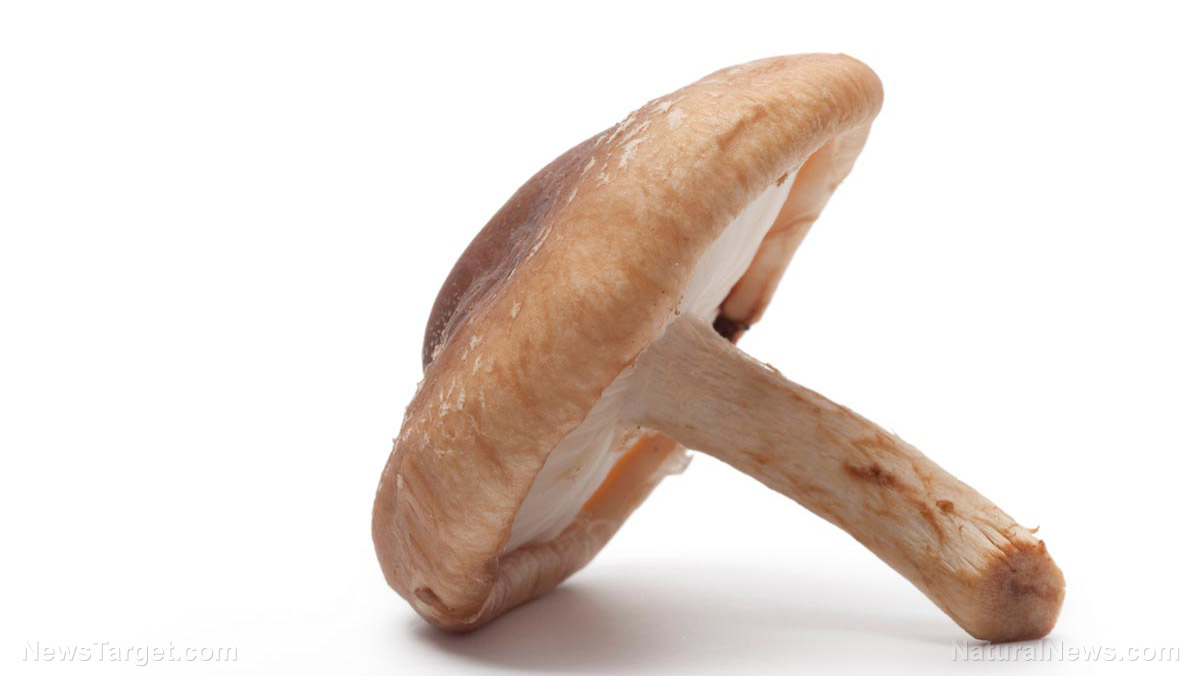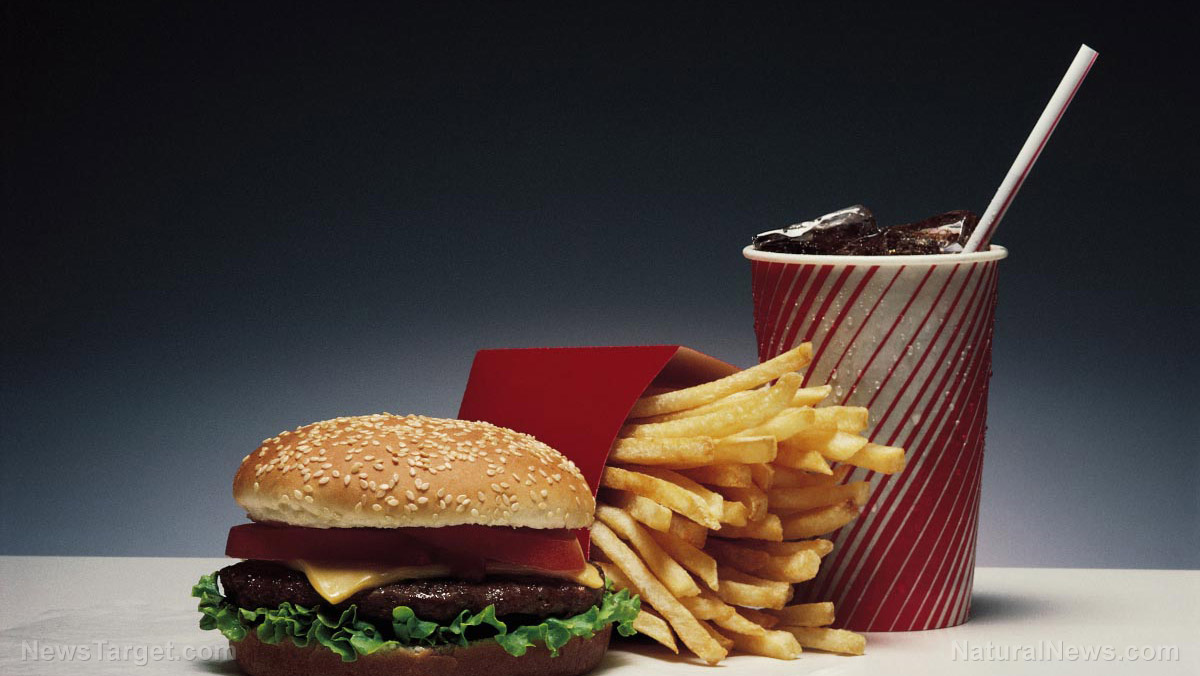Study: Eating more shiitake mushrooms can reduce the effects of a high-fat diet
01/09/2019 / By Edsel Cook

One of the best ways to get on top of your cholesterol is to eat shiitake (Lentinula edodes). This mushroom contains eritadenine that converts unhealthy cholesterol into amino acids. A Japanese study revealed that the superfood’s anti-cholesterol activity could be boosted further if paired with medium-chain triglyceride.
Shiitake extract has been used as a natural food supplement for quite some time now. Called eritadenine, its ability to break down cholesterol is very useful in producing methionine, an essential amino acid.
Many studies have covered the hypocholesterolemic activity of shiitake supplements. None have taken a detailed look at exactly how eritadenine metabolizes cholesterol in animals that consume fat-rich foods.
Of particular interest is its effects on animals that eat fatty foods drawn from different food sources. The lipids found in plant-based fats are different from those that comprise the fats of animals.
Japanese researchers from Beppu University (BU) decided to look into the effects of shiitake supplementation on the levels of serum lipids in animals with fat-rich diets. Given how much fat is found in human foods, further insights into the anti-cholesterol effect of eritadenine would be very beneficial. (Related: The 8 most powerful medicinal mushrooms known today.)
Testing the anti-cholesterol activity of shiitake extracts
The researchers constructed an animal model. Rats were used to simulate the serum lipid profiles of humans due to the similarities between them.
They prepared three different diets for the rats. All of the foods were rich in fatty lipids, but they were derived from various sources.
The first diet contained large amounts of plant oil. The second diet packed a lot of animal fat. Last but not least, the third diet was also acquired from plant oil with a big difference: It also had large amounts of medium-chain triglycerides (MCT).
A type of lipid found in certain plant oils and dairy products, MCT is much shorter than the typical, longer-chained lipid. This makes them a healthier substitute for cooking and food.
The rats were given one of these three high-fat diets. Some of the animals in each dietary group were also given shiitake extract.
The BU researchers analyzed the serum profiles and the lecithin-cholesterol acyltransferase (LCAT) activities of the animals. They compared the results between each dietary group, and between the supplemented and non-supplemented animals in each group.
MCT plant oil helps boost the slimming powers of shiitake mushrooms
The results of the experiment confirmed that shiitake-supplemented rats experienced much better lipid levels than non-supplemented rats. The exciting discovery, though, was that the type of lipid in the diet played a role in improving the effectiveness of shiitake extract.
Animals that ate either of the two plant oil diets displayed better levels of serum triglyceride and cholesterol than their lard-eating counterparts. They also showed higher activity levels of lecithin-cholesterol acyltransferase (LCAT).
However, the plant oil diet that contained a lot of MCTs achieved more improvements than the one with more common oil. Rats on the MCT-rich plant oil diet displayed the most significant downturn in all serum lipid profiles and LCAT activities.
MCT seemed to improve the efficiency of the hypocholesterolemic process employed by shiitake mushrooms.
The researchers believed that shiitake and MCT work well together when it came to breaking down the cholesterol that comprises lipids. A combination of the natural supplement and the healthier medium-chain lipid could be taken to effectively reduce the weight of overweight patients, which would relieve the ill effects of excess weight and improve the overall health of blood.
Need to know more about the benefits of eating shiitake and other healthy mushrooms? SupplementsReport.com has you covered.
Sources include:
Tagged Under: anti-cholesterol, cholesterol levels, medium-chain triglyceride, natural supplements, reducing cholesterol, shiitake, Shiitake Mushroom



















